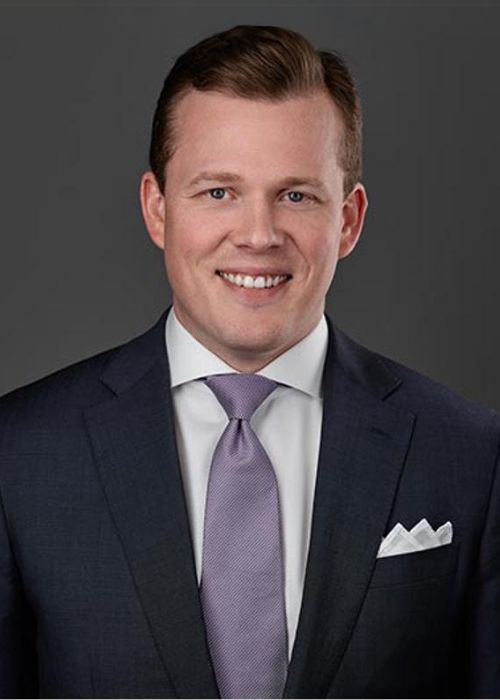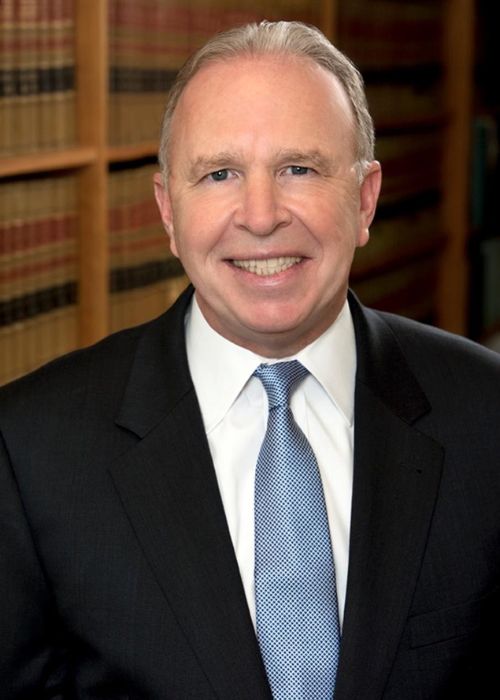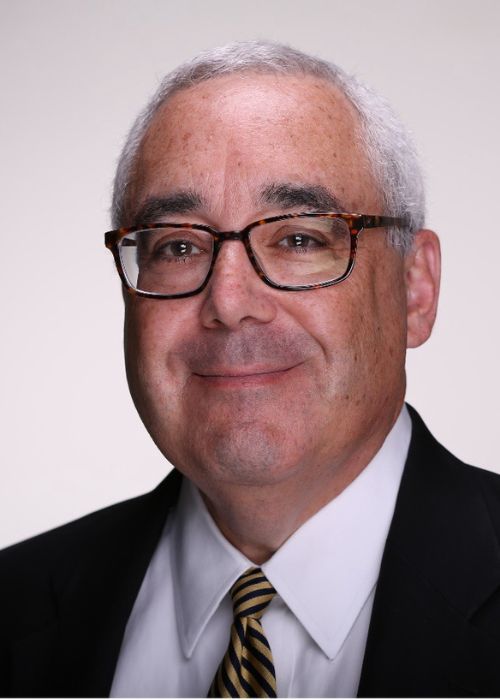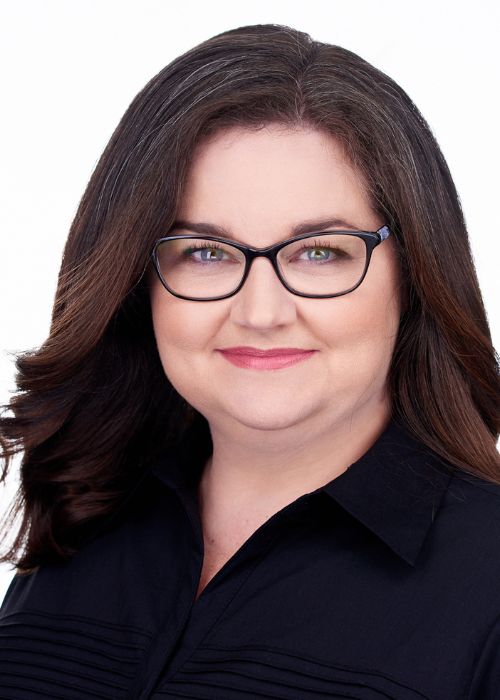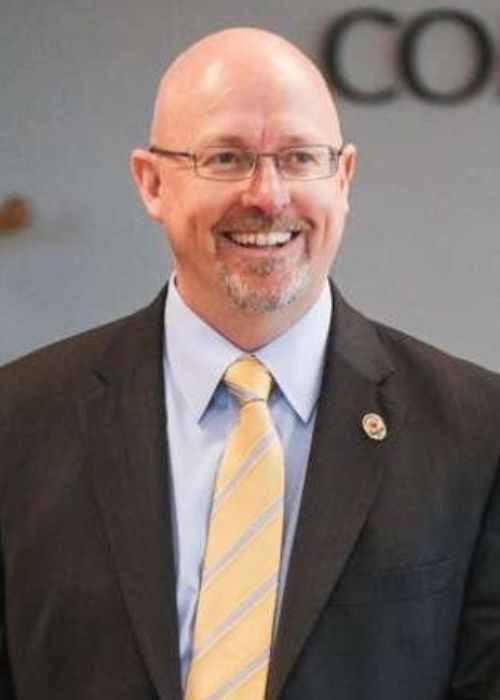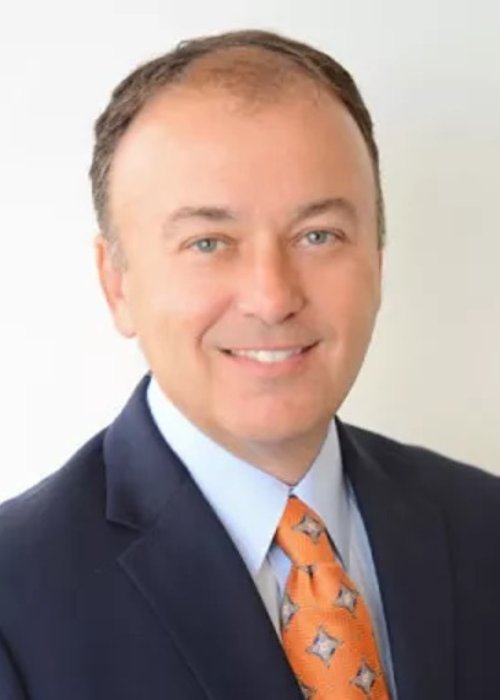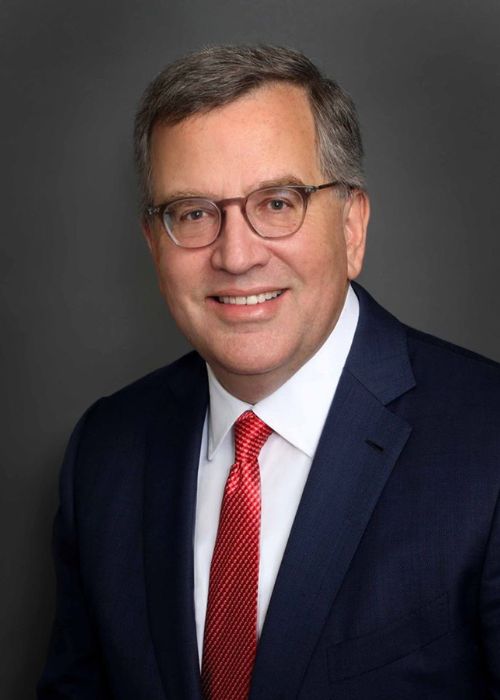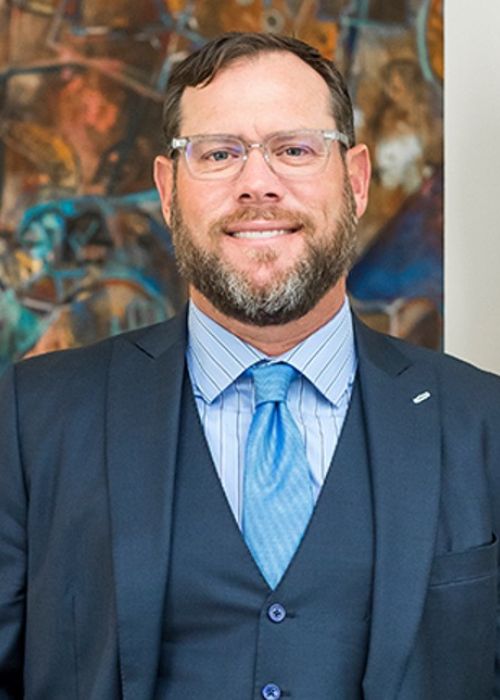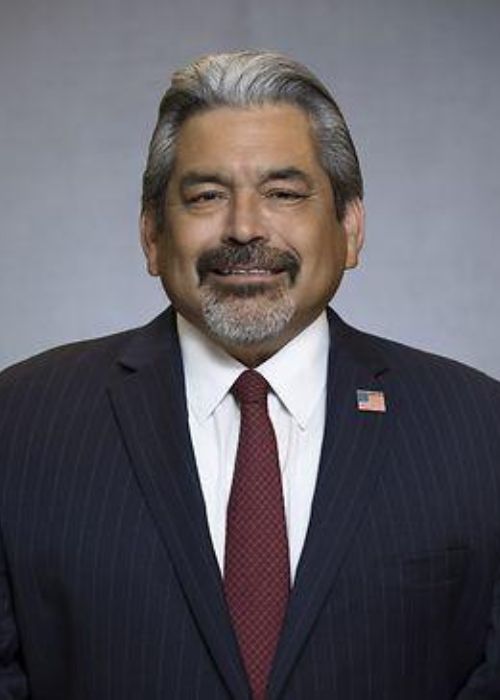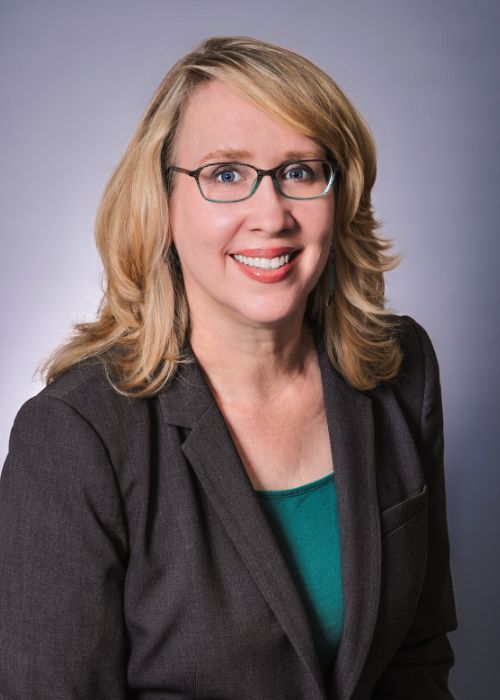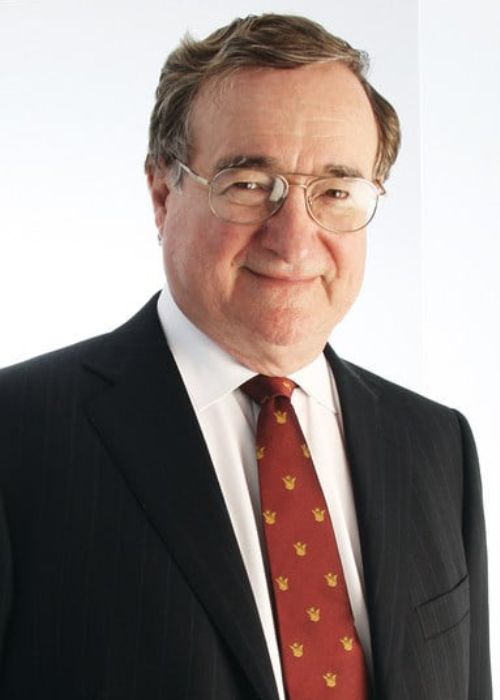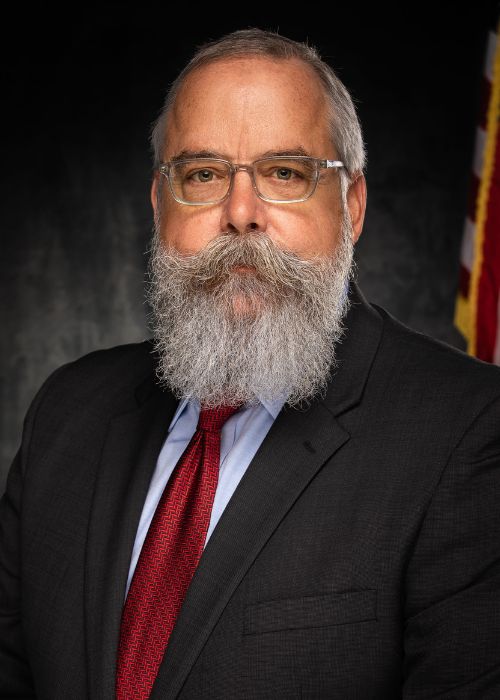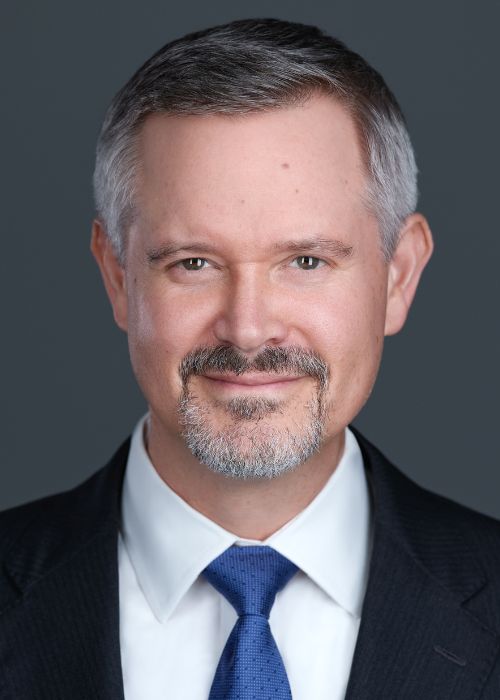South Texas Law Review
South Texas Law Review (Law Review) is a student edited scholarly publication. Law Review is a scholarly periodical edited and published by second- and third-year students of STCL Houston selected for membership based on outstanding scholarship and writing abilities. An Advisory Council comprised of respected judges, practitioners, and law professors assist the Members, while faculty advisors guide the direction of the organization.
Published four times a year, each issue contains articles on topics at the fore front of developing legal theory and practice. Law Review has conducted an annual Ethics Symposium for almost years as of 2023. In recent years, Law Review has included articles by, among others, former United States Supreme Court Chief Justice William H. Rehnquist, Associate Justices of the Supreme Court William J. Brennan, John Paul Stevens and Clarence Thomas, former Attorney General of the United States Edwin Meese III, former Secretary of State James A. Baker III, and Judge Edith Jones of the Fifth Circuit.
The legal profession holds law review membership in high esteem and recognize sit as an indication of skill and commitment. Besides allowing Members to work and socialize with their peers, membership also provides an opportunity for students to publish in Law Review.
The Texas Bar Foundation has honored South Texas Law with the 2024 Outstanding Law Review Article Award for “Summary Judgments in Texas: State and Federal Practice,” published in the 2023 South Texas Law Review, vol. 62-2. p.99.
The Faculty Advisors for Law Review are Professors Charles (Rocky) Rhodes and Amanda Peters. Professor Rhodes can be contacted at crhodes@stcl.edu and Professor Peters can be reached at apeters@stcl.edu.
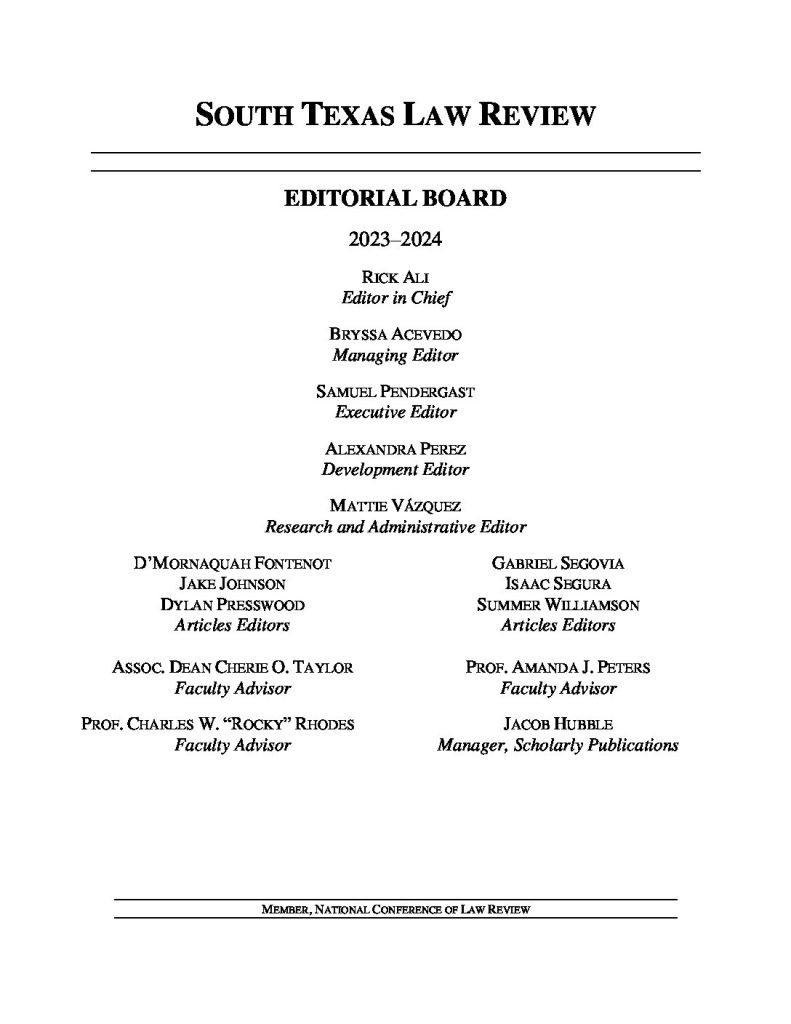
Students join Law Review by being accepted after the successful completion of a write-ons process. Law Review holds joint write-ons with CURRENTS: Journal of International Economic Law (CURRENTS: JIEL). To write ons to both South Texas Law Review and CURRENTS:JIEL, students must complete the Write-Ons Competition assignment. Students participating in the Write-Ons can specify a desire to be considered for one or both journals. Currently Write-Ons are held at least three times a year:
- after the completion of the1st year full time spring academic semester;
- right be for the following fall academic semester
- after the fall academic semester (the December break)before the start of the spring academic semester.
For those planning to take part in the upcoming Write-Ons, please look for and attend the information sessions put on by the Editors-in Chief (ECIs) of South Texas Law Review and CURRENTS:JIEL. Meanwhile, feel free to email either of the EICs.
The Write-Ons assignment is comprised of three components, a case note, an editing exercise, and a grammar exercise. The case note is a detailed analysis of a recent case through support or criticism of the respective court’s rationale and holding, which show cases necessary legal research and writing skills. Where the case note upholds substance over form, the editing exercise values the exact opposite. The editing exercise tests the student’s ability to adhere to the strict guidelines set forth in the Bluebook, the Green book, and the Manual on Usage and Style. Finally, the grammar exercise tests the student’s ability to think through the mechanics of syntax and focuses on proper use of vocabulary, punctuation, and, of course, grammar.
Students must submit all components of the assignment to the Coordinator of Scholarly Publications by the set deadline to qualify for consideration for either journal. Write-On submissions are reviewed anonymously, and offers are extended by South Texas Law Review and CURRENTS:JIEL to successful candidates.
Answers to questions about Law Review can be found in the following section of Frequently Asked Questions.
Submission Process & Article Requirements
The South Texas Law Review invites academics, practicing lawyers, and judges to submit articles for publication. The STLR does not accept submissions from current students, with the exception of STLR students (please refer to the PPM).
The STLR publishes four times per academic year. Certain issues may be reserved for symposium content. Articles need to be either in Microsoft Word or Word Perfect format when submitted. The STLR uses footnotes for citations. Please format citations using The Bluebook’s guidelines.
Submitting an Article
To submit an article, please submit via Scholastica HQ. You may also submit a hard copy to the STLR at:
South Texas Law Review
1303 San Jacinto
Houston, TX 77002
You can also e-mail submissions to LawReview@stcl.edu For any questions, please call 713-646-1749.
Submission Status
Once an article is received by the STLR, it will be filtered by the Editor in Chief (EIC) to make sure it meets the STLR’s requirements for submission. It will then be voted on by the board for acceptance. The EIC may contact the submitter to extend an offer for publication.
We are unable to provide status checks online at this time.
ALAMO HEIGHTS v. CLARK: LET’S TALK ABOUT SEXUAL ORIENTATION AND IT’S ROLE IN ESTABLISHING SAME-SEX HARASSMENT
— Rachael Thomson
LIGHTNING STRIKES THE TEXAS SUPREME COURT
— Hannah Fred
B.C. v. STEAK N SHAKE OPERATIONS, INC.: SHAKING UP TEXAS’S INTERPRETATION OF THE TCHRA
— Sydney Huber
UNION PACIFIC R.R. CO. V. NAMI: HOW FELA’S RELAXED CAUSATION STANDARD MAY BITE TEXAS RAILROAD EMPLOYERS— Lani Durio
PICKING UP THE TAB: TEXAS’ OIL & GAS POSTPRODUCTION BATTLE— Gabriel Gonzalez
MINIMUM CONTACTS ANALYSIS AND BROADCAST SIGNALS IN TEXAS— Christy Gilbert
BACK TO BASICS: How Whistleblower Protection is Limited to Whistleblowers in Asadi v. G.E. Energy
—Drew Erickson
IN RE DEEPWATER HORIZON: Texas to Revisit Atofina to Decide Scope of Additional-Insured Liability Coverage
—Laura J. Thetford
IT’S NONE OF YOUR (PRIMARY) BUSINESS: Determining When An Internet Speaker Is A Member Of The “Electronic Media” UnderSection 51.014(A)(6)—Drew del Junco
PLANNED PARENTHOOD V. ABBOTT: The Constitutionality Of Admitting Privileges Requirements—Blake Freeny
TEXAS RICE LAND PARTNERS, LTD. V. DENBURY GREEN PIPELINE-TEXAS, LLC: TEXAS EMINENT DOMAIN LAW AND THE NOT-SO-COMMON COMMON CARRIER STATUS— Emily Quiros
NONSUBSCRIBERS’ CLAIMS OF “NO DUTY” AGAINST EMPLOYEE’S WORKPLACE INJURIES—Stephen L. Pasta
DISCRIMINATE ARBITRATION: How the Federal District Court’s Decision in Fernandes V. Dillard’s, Inc. Shows that Title VII Must be Unarbitratable—Salma Charania
FPL FARMING, LTD. V. ENVIRONMENTAL PROCESSING SYSTEMS, L.C.: Subsurface Trespass in Texas—David Mann
The subscription price to the South Texas Law Review is $32.50 per year (plus applicable sales tax). The price for a single symposium issue is $25.00.
If you are interested in subscribing to the South Texas Law Review, please contact Jake Hubble, Senior Coordinator, Scholarly Publications, at 713-646-1749 or jhubble@stcl.edu.
All past issues are available for purchase from the South Texas Law Review publisher, which may be contacted as follows:
William S. Hein Co., Inc.
1285 Main Street, Buffalo
New York, 14209
1-800-828-7571
30th Annual Ethics Symposium: Lawyer as an Advocate
This Symposium will provide attendees with insights on the ethical considerations in developing areas of Advocacy. The event will provide both CLE and Ethics hours: 7.5 CLE and Ethics hours confirmed!
Date of event: Friday, March 1, 2024
Location: South Texas College of Law Houston campus, Garrett-Townes Hall
Time: 9 a.m. – 5:30 p.m.
Lunch: Provided by Treebeards
Cocktail Hour: 5:30 p.m.
Registration for the event is now closed.
Tentative Schedule and Learning Objectives
Read More about the event here
Guest Speakers
*Speakers and topics may be subject to change.
Downtown Houston Location and Parking Information
Metered street parking and paid garage parking is available in the area surrounding the campus.
Guests can find nearby street parking and garage locations and rates at downtownhouston.org/parking.
Please send all questions about Law Review to Jake Hubble, Manager of Scholarly Publications at jhubble@stcl.edu or 713.646.1749.



